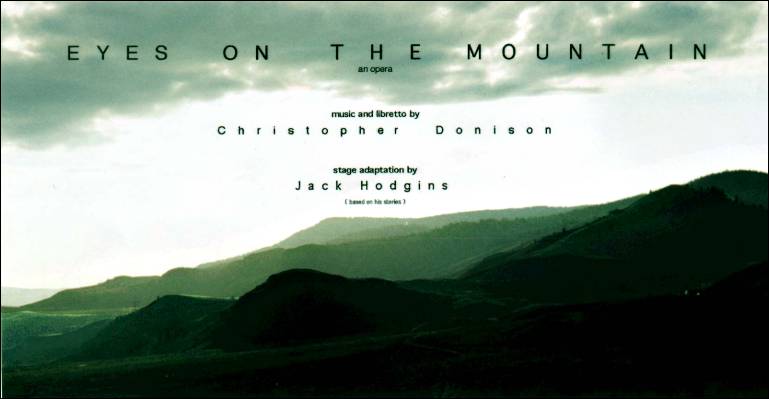 |
| Compositions | Performance & Theatre | Review Highlights | DS Keyboard | Bio | Contact | Links |

|
Introduction Performances Synopsis Personnel Jack Hodgins Christopher Donison Composer's Notes Director's Notes Music Directors Notes Excerpts from Interviews & Reviews Sponsors Acknowledgements |
|
|||||||||||||||||||||||||||||||||
| Compositions | Performances | Review Highlights | DS Keyboard | Bio | Contact | Links |
|
All Music Compositions, Recordings and Images copyright © 2002 Christopher Donison. All rights reserved. Web Design under permission of Christopher Donison copyright © 2002, Urban Web Design Inc. |